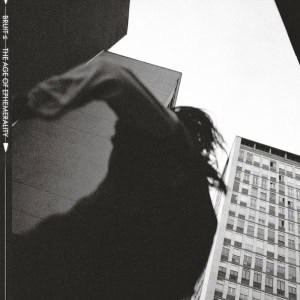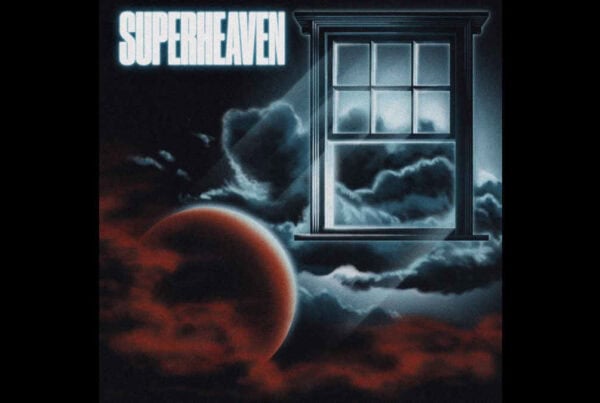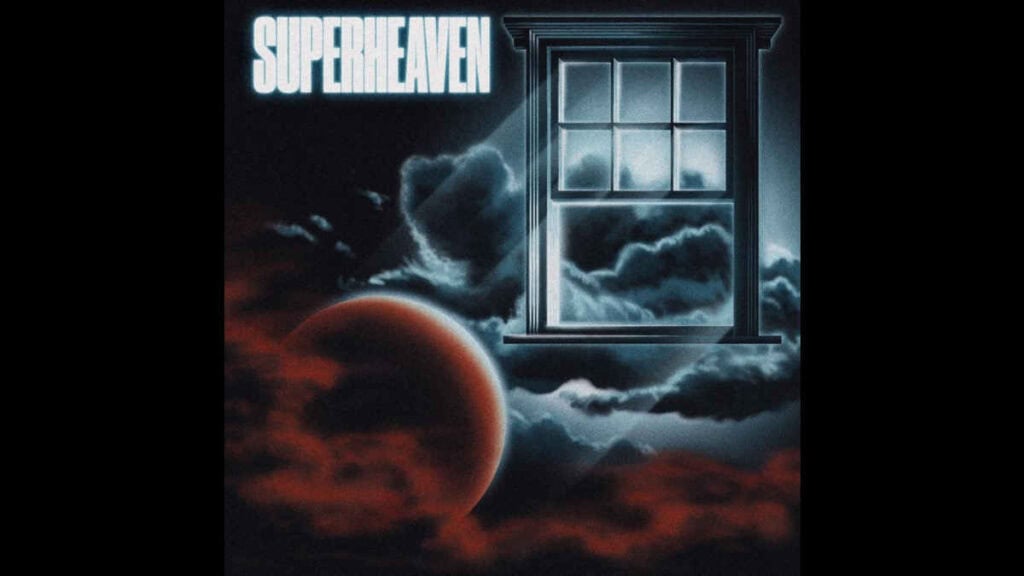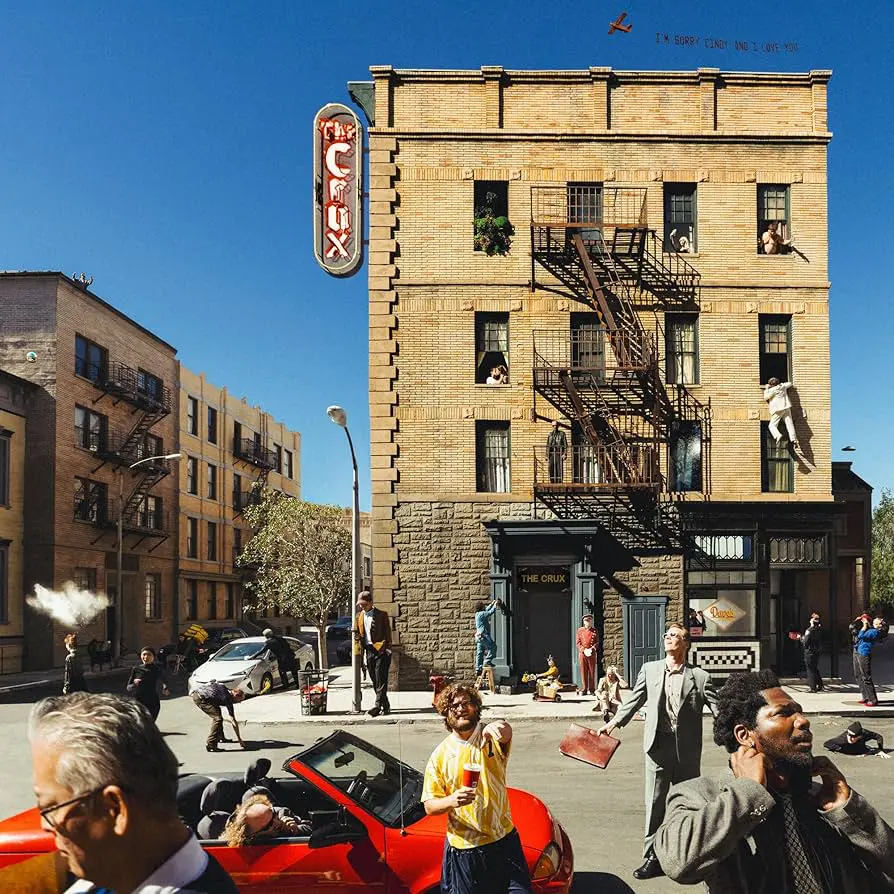Jacob Slater’s Midas Touch continues with a crunching second album from one of Britain’s most prominent guitar bands.

Rarely is a debut album as well-received as Wunderhorse’s first effort was in Cub. Slater’s reputation in the UK music scene (previously fronting highly rated London punk trio Dead Petties) will have certainly helped its success. However, the strength of the songs and skill in the writing is what proved its worth.
The band weren’t discrete in interviews about wanting Midas to be more representative of themselves. As proud as he was of Cub, Slater felt it lacked “rough edges”, and wanted to channel more of what they listened to that “has that feeling that it could fall apart at any time”. We were expecting a powerful and raw sophomore record from the band, and that’s exactly what we got.
The album kicks off with the title track and one of the singles released earlier this year Midas. It bridges the gap between their older melodic indie style with their new heavier distorted guitars characteristic of this album, the second song Rain also aids this.
The studio where Midas was honed and recorded has served greats from guitar music such as Pixies and Nirvana, kings of the raw and untamed guitar style. The band wanted to combine this with the ‘rough edges’ from their live shows in the studio, and Emily is an example where their influence is clear.
The Pixies pioneered the ‘loud/quiet’ songwriting style, and Nirvana ran with the idea becoming the face of grunge. Wunderhorse has been known to pull from aspects of grunge, but this album feels like leaning far more into the scene and what it stands for (imperfection and aggression). Silver, another one of the singles continues with this.
Arizona reminds us of Slater’s trademark lyrical style, with often desperate and conversing lyrics that we’ve come to know, the delivery is as honest as ever.
Here we reach a regression in distortion and intensity, Superman is undoubtedly one of the most tranquil and peaceful songs on the LP. Being nestled in a chasm around an untamed mass of overdrive makes it a poignant breather for the listener. The lyrics seem wishful and longing and have themes of flying, almost like wanting to escape from what’s around you.
An escape it is, but a brief one at that, as this peaceful break is abruptly quashed by the most powerful track, another pre-released single, July. The prominent In Bloom esc riff is Nirvana through and through and feels like everything the band wanted to put into this album. It’s untamed and feels as if the wheels may just come right off the song at any point, “I’m ready to die” wails alongside the guitars.
The control of energy through this album is where the magic lies, it’s no mistake that these songs find themselves next to each other, and the intended impression is certainly achieved.
Cathedral then follows suit, the opening picking is reminiscent of their debut work, alongside the now familiar drive and crunch on the guitars. Although the band pulled from the Pixies and Nirvana and spoke about listening to classic 60s records, this mixed with their personal intentions has led them far more into post-grunge. The combination of guitar tones with the band’s ever-present pop melodies and vocal arrangements is reminiscent of bands like Feeder.
As much as Slater and co want to incorporate more imperfections (using a lo-fi style), at their core, they can’t help but be accessible and indie, it’s the style they naturally write in.
The album closer Aeroplane is my personal pick of the bunch. At 8:42 it’s the longest song by far and is also the first and last time we hear an acoustic guitar on this high-octane piece. An introspective final song, the crossing styles with their own stamp is very impressive. It involves intricate 60s style plucking, Slater’s retrospective enduring lyrics and builds to involve haunting shrieking guitars.
Midas is an incredibly important record for British guitar music, with ‘crank wave’ and other contemporary artists, there’s no shortage of high-quality music. But where this album differs is its focus on what it delivers to the listener sonically. As Wunderhorse themselves have said and now backed up with this LP, they wanted to bring the energy, rough edges and rawness of their live shows into the studio to make an album that represents them. They have achieved this.
When the whole focus is delivering energy and tone, sometimes other aspects can be neglected, which could be argued in this case. Is Midas as good of a collection of songs as Cub? Possibly not, but maybe that’s okay. They wanted to represent the drive and energy that guitar music can be, the record isn’t avant-garde or experimental, but it’s trying to add another string to the bow of modern guitar music, which can only be positive for the scene.





